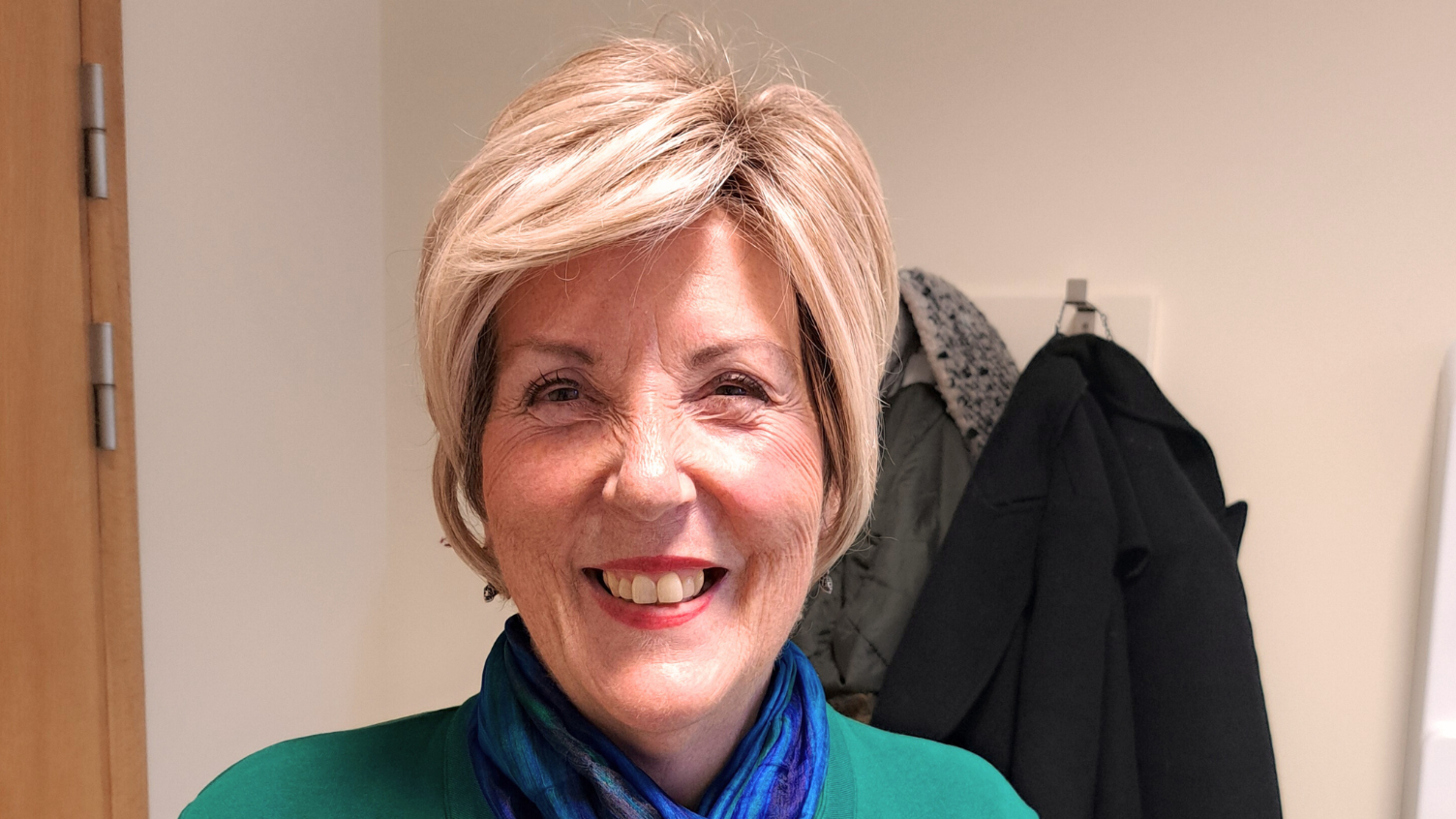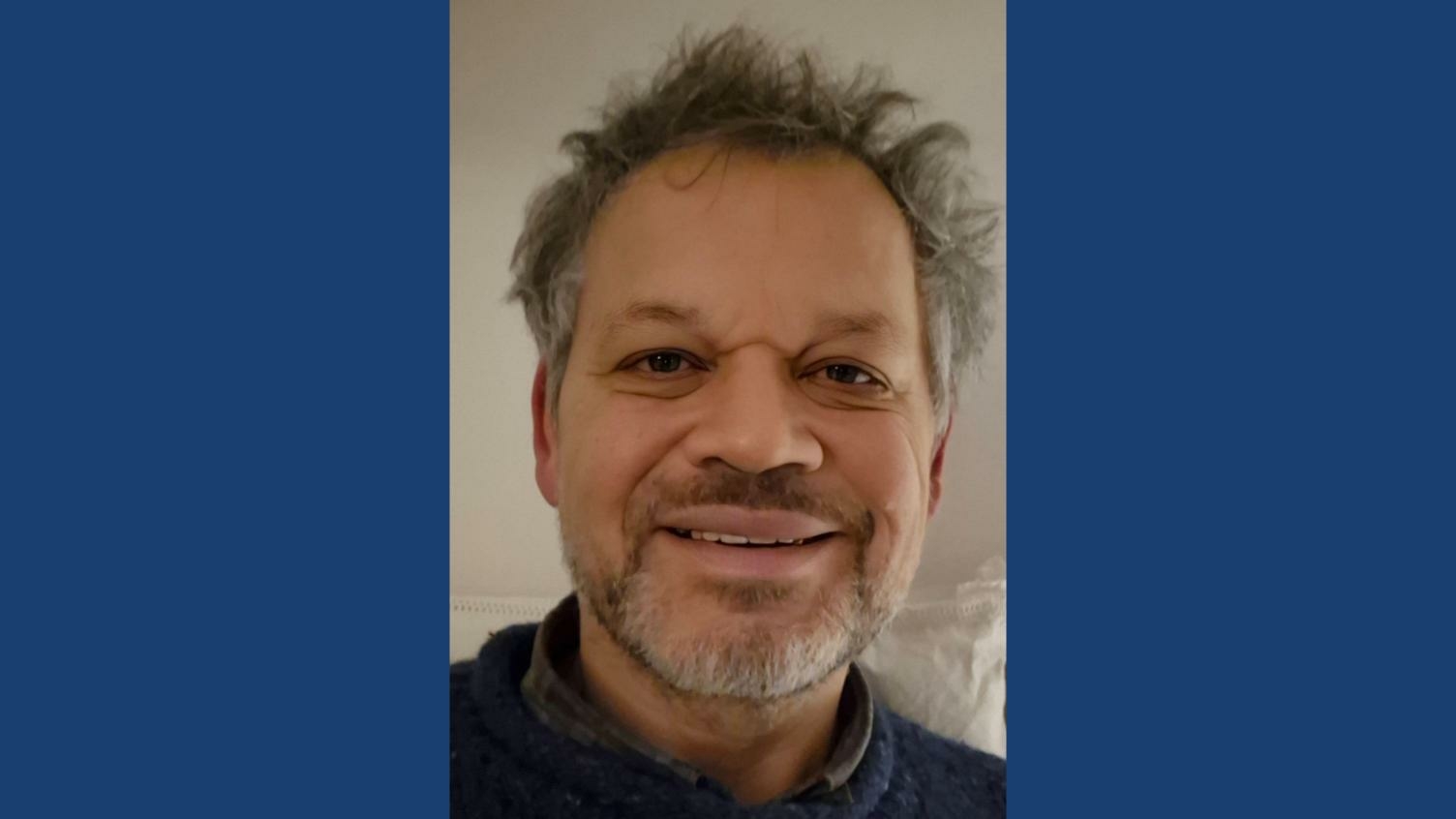Senior Research Nurse shares her experience of delivering priority COVID-19 research in North West London
- 23 July 2020
- 3 min read
Louise Young quickly adapted her work to deliver COVID-19 research, including the RECOVERY trial.
Staff story: Louise Young
Researchers and research delivery staff across the globe quickly shifted their priorities in response to the coronavirus pandemic. Many new trials have been set-up to develop ways of caring for those affected by COVID-19.
Louise Young is the Senior Divisional Research Nurse of the NET (Neuro, Emergencies, and Trauma) Research Team at Imperial College Healthcare NHS Trust. Louise and her team reacted quickly to adapt their workload so they could deliver COVID-19 research, including the RECOVERY trial.
"Beforehand we were involved in various studies, which had to be suspended almost immediately", recalls Louise. The RECOVERY trial was soon allocated to the team.
The trial, supported by the NIHR Clinical Research Network (CRN) North West London, aims to identify treatments that may be beneficial for adults hospitalised with confirmed COVID-19.
It was set-up very quickly and at a time when there was lots of movement within the team, with redeployment and already planned staff changes.
"The role changed dramatically in that we were still setting up the studies but at a much faster pace", says Louise. "And usually we would go down to the emergency department on a daily basis to attend their morning handover. So we lost our path to educating staff about studies that were coming through."
More COVID-19 trials were allocated to the team as time went on. Delivering research on busy wards during a pandemic presented many challenges. Asking patients to take part in research can be overwhelming at the best of times, even more so during a national health emergency.
New ways of working were needed. "We would screen all our patients electronically", Louise says. "Then we would come together at half 9 every weekday morning to decide which patients were suitable for each trial and who should approach them first. That way it reduced the research burden."
The speed at which COVID-19 research has been set-up has impressed Louise. "The way that set-up has been completed has been absolutely fantastic, how quick it was", she said. But Louise also recognises the challenges that have come along with that. "I was very mindful throughout that things don't usually get set-up this quickly. We usually have a lot more time to think about what is feasible, what isn't and to plan. But thankfully with RECOVERY things have gone fairly smoothly", she added.
The RECOVERY trial has already published positive results. A drug called dexamethasone could prevent the deaths of some patients who are on ventilators with COVID-19, it has been revealed. "It's a fantastic piece of evidence and we're all so proud to be involved", Louise said. "Everyone's really pleased to be part of RECOVERY."
But the road to these trial results hasn't been easy. The speed at which things progressed meant decisions were made very quickly. "It's easy to panic. But I think my background in emergency nursing really helped", Louise said.
New technologies have been a feature of lockdown for many people. Louise and her team used Microsoft Teams with great success to communicate with staff across different sites on a more frequent basis. And virtual study training sessions attracted around 30 people. "It was great to be able to get so many people involved", Louise said. "You would never normally get that many people on a training session."
A new journal club was also launched and delivered via Microsoft Teams. It was a chance for local staff to get together and critique some of the results coming out of the RECOVERY trial, attracting around 50 people. "It was really great for everyone and brought all the research staff together."
Going forward, the pandemic has given the team plenty of new processes to consider carrying forward, especially the use of new technologies for communication.
Louise is also keen to continue some of the wellbeing practices that came about from the situations the team found themselves in. "To know we were there for one another, I think that was really good", she said. "My door's always open anyway but maybe going forward there could be a set time where they can offload to me if they need it."
The NET research team continues to deliver COVID-19 trials and will soon be reintroducing suspended trials.
- Discover more research staff stories from North West London.
- Follow the CRN North West London on Twitter, LinkedIn and Facebook.


